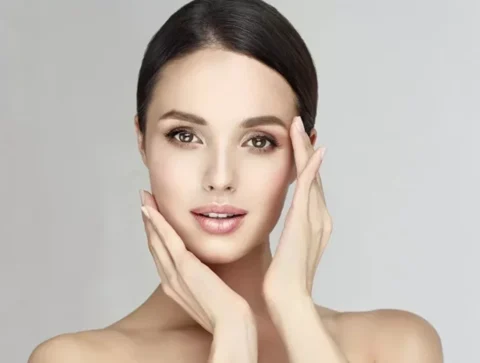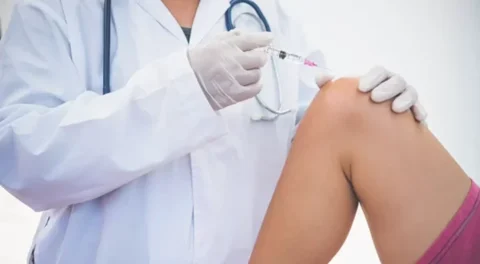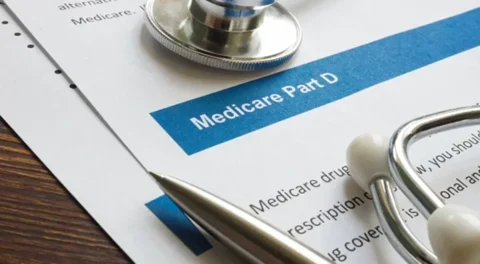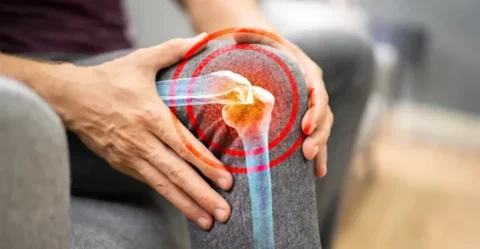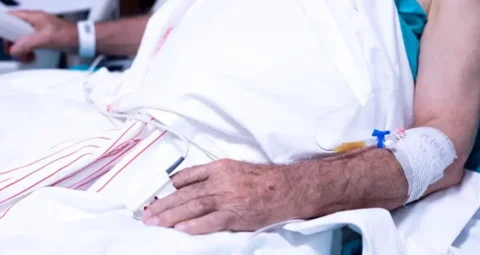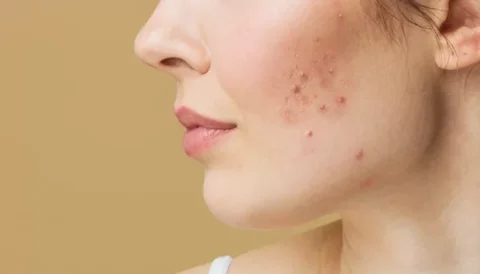Platelet-rich plasma therapy has been one of the most popular hair loss treatments because of its radical ways of hair regrowth. Many patients report positive results, so they prefer this procedure among numerous solutions for different types of hair loss. However, some of them also deem repeated months of treatment and follow-ups a downside, alongside the expensive price for a single shot. Because of this, they decide to stop the therapy.
So what happens once you stop receiving PRP injections for hair loss? Your hair follicles will gradually lose the enhanced blood flow and cell growth they receive from the injections. While PRP injections provide long-lasting results, they aren’t permanent. Whether you lose more hair depends on its underlying causes and the strength of your hair follicles, but stopping PRP treatment wouldn’t worsen the condition of your hair loss before your initial procedure.
What Happens After Stopping PRP Hair Treatment
The condition of your hair after stopping PRP hair treatment depends on several factors. These include the phase you’re in with your treatment, your hair growth cycle, the root causes of the type of hair loss you have, your lifestyle, and the strength of your hair follicles.
What’s certain is that stopping your PRP hair treatment wouldn’t be a reason for your hair loss to worsen compared to its condition before receiving initial injections.
How PRP Hair Treatment Works
To know what will happen once you’ve stopped taking them, you must first understand how PRP injections work. These injections offer long-lasting results of about 18 months to 2 years; but this also means it’s not permanent. This is why patients are advised to return for follow-up injections after 4 to 6 months, though some would resort to touching up their PRP hair treatment once a year.
Anchoring strands of hair to your scalp, your hair follicles are given a boost of nutrients by platelet-rich plasma. As PRP is injected into your scalp, it eventually helps resolve numerous types of hair loss.
It’s also said to stimulate the scalp’s healing process, promote cell regeneration, increase stem cells, and enhance collagen production as well, which is good for the hair, skin, and nails.
PRP injections increase small blood vessels around your hair follicles to enhance blood supply, which will provide nutrients and oxygen that the hair roots need. These injections contain the plasma, the liquid portion in your blood containing water and proteins, and blood platelets, the cell responsible for the body’s healing process. You may have noticed a wound healing – that’s because of your platelets.
Before the procedure, experts do a blood draw on the patient to harvest a small volume of blood. This blood sample will be processed in a centrifuge to separate the blood platelets and plasma from the rest of the blood cells.
What will now be injected into your scalp is a plasma concentrated with platelets that serve as growth factors for speeding up the body’s healing process. These nutrients nourish the hair follicles and prompt active hair growth, resolving thinning of hair, severe hair loss, and even androgenetic alopecia.
You also need to consider how long since you’ve had your last PRP injections because a treatment session can trigger sudden hair loss. This happens due to the procedure stimulating hair growth.
Most hair growth medications cause shedding as the new hair growing pushes out the old hair shaft. Most patients worry about this, but their hair mass index (HMI) usually reports significant improvements.
Patients may expect their hair to start shedding around 6 weeks until 8 to 10 weeks after the treatment.
Types of Hair Loss
We’ve established that platelet-rich plasma stimulates hair regrowth because of the growth factors it provides the hair follicles. Stopping PRP injections also stops these nutrients that boost and support hair growth, but another factor you need to consider is the type of hair loss you have. How will the causes of your hair loss affect your hair follicles now that you aren’t receiving injections?
Some of the causes of hair loss are hormonal imbalance, stress, lifestyle, or other medical conditions, resulting in temporary hair loss or in some cases, permanent hair loss. Patients may lose hair after stopping PRP injections due to the causes that weaken the hair follicles.
Hair loss may manifest in different types, such as hereditary hair loss, also called androgenetic alopecia or male or female pattern hair loss, telogen effluvium, anagen effluvium, and many more. PRP injections can address some of these while some couldn’t, which is why some patients are advised to withhold their PRP hair treatment.
Reasons Why Some Patients Withhold PRP Treatment
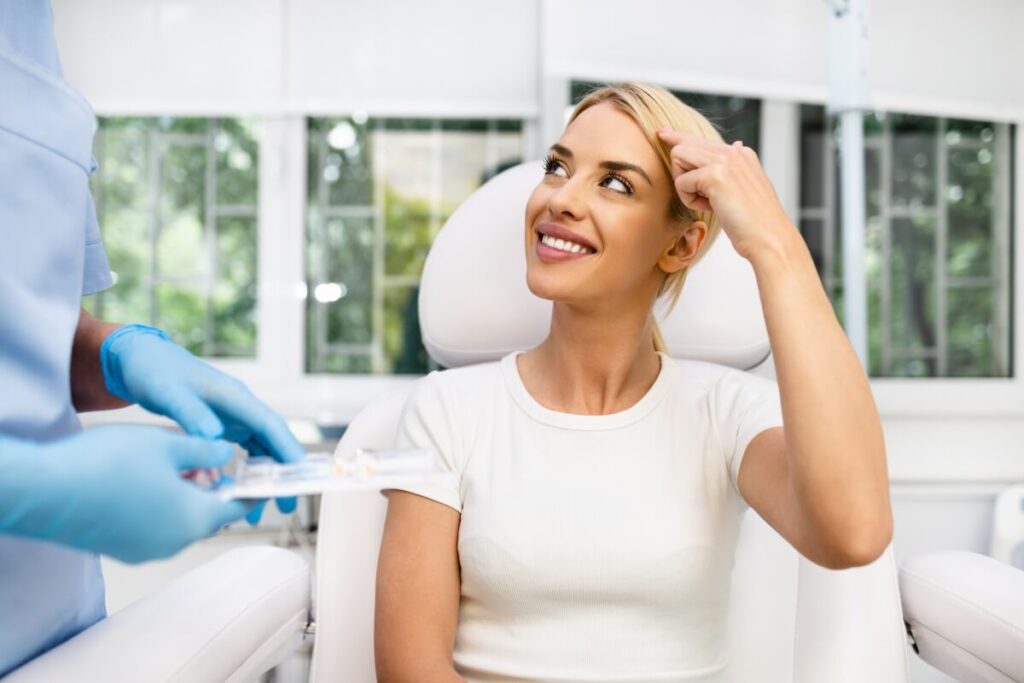
Some patients stop their PRP hair treatment, while some aren’t qualified candidates. Chain smokers wouldn’t benefit from PRP injections, as well as those on blood-thinning medications. Patients with a history of medical conditions also can’t benefit from receiving this treatment.
1) On Blood-Thinning Medication
Patients with heart conditions or taking blood-thinning medication aren’t advised to get PRP treatment. Anticoagulants and antiplatelet medications reduce your platelet levels which can affect PRP treatment. This treatment for hair loss thrives on the stability of your platelets to do its work.
2) Chain Smoking
Heavy smokers also can’t benefit from PRP treatment for hair loss because the tar also hampers the production of the growth factors in your body. PRP treatment wouldn’t work well with patients who smoke heavily because it doesn’t address the root cause and may not provide reliable platelet-rich plasma. While there wouldn’t be any dangers for patients trying this procedure, they wouldn’t receive the best results. It wouldn’t be cost-effective.
3) History of Medical Condition
We’ve established that some patients aren’t qualified to receive PRP hair treatment due to a history of medical conditions. If your hair loss is caused by alopecia areata, PRP therapy might not be the best treatment for you. Here are other conditions that you must inform your dermatologist before undergoing PRP treatment:
- Acute or chronic infections
- Cancer
- Chronic liver disease
- Chronic skin disease
- Hypofibrinogenemia
- Hemodynamic instability
- Low platelet count
- Metabolic disorder
- Platelet dysfunction syndromes
- Systemic disorder
- Sepsis
- Thyroid disease
PRP may not be the best treatment in addressing hair loss for patients with these conditions. Either there are better options for them, or they may not receive the best results from PRP. Some patients run the risk of worsening the infection if they had proceeded with the injections. Their dermatologist may advise other hair loss solutions suitable for them.
How to Extend the Results of PRP Hair Treatment
If you’ve decided to stop receiving your PRP injections for hair loss, there are still other ways for retaining its results and providing support to your hair follicles. One of them is taking supplements and products, such as Formula 82M, Formula 82S Shampoo, and Nutrafol. Ensure consulting your dermatologist or attending physician first before trying out these products.
1) Formula 82M
This solution has minoxidil as its active ingredient. Minoxidil has been one of the substances proven by extensive research to promote hair growth. Meanwhile, Formula 82M comes in drops and prompts hair regrowth, as well as rejuvenates the existing hair with its antioxidant, anti-inflammatory, and anti-androgen properties.
2) Formula 82S Shampoo
Formula 82S Shampoo strengthens your hair and promotes the growth of new hair. This shampoo is eco-friendly, so it has only natural ingredients. Some customers complain that restorative hair treatments make their hair brittle, dry, and dull. This product is said to leave the hair shiny, soft, and healthy.
3) Nutrafol
Not all hair growth products are topical. If you’re looking for an oral medication, you can also consult your doctor about Nutrafol. It aids in restoring the hair by supporting the keratin and nourishing the hair with amino acids.
Other Procedures for Hair Growth
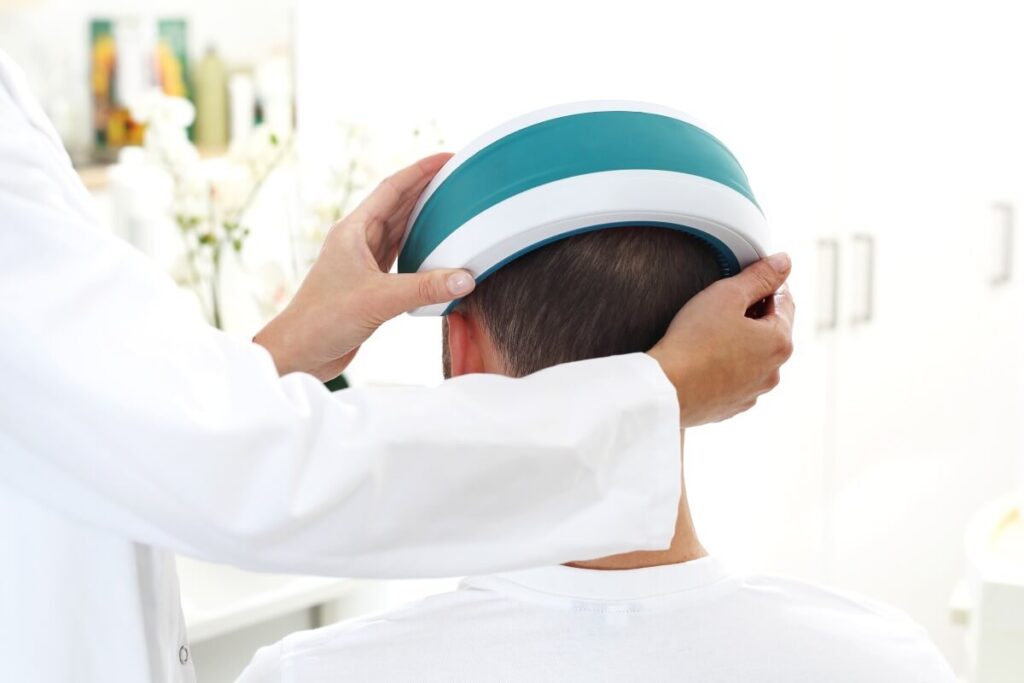
Patients who have decided to stop their PRP hair treatment may also benefit from other procedures for hair growth. Some of these treatments are hair grafting, scalp reduction, and laser treatment. Consult your doctor about the best hair growth solution for you.
1) Hair Grafting
Patients may benefit from hair grafting or hair transplant procedure. This treatment is more suitable for those with partial hair loss. Hair grafting is an outpatient procedure where dermatologists or practitioners harvest individual hair follicles from the back of the head, as this area usually has more hair. They will then process and conserve these hair follicles and plant them in the balding area.
2) Scalp Reduction
Scalp reduction is a procedure where the skin that doesn’t bear hair is removed, and the remaining skin that can grow hair is stretched to cover the bald area. Some patients also complement this treatment with hair grafting.
3) Laser Treatment
Laser treatment is also a recommended procedure for hair growth. Also called cold laser or red light therapy, low-level laser therapy illuminates the scalp tissues with photons for the weak cells to absorb them. This will then stimulate hair growth.
Consult Hair Loss Solutions at FACE Med Store
What happens to your scalp and hair once you stop receiving PRP injections depends on several factors, such as the strength of your hair follicles in resisting the causes of hair loss, the phase you’re in since you’ve last received your injections, and your lifestyle. Stopping your PRP injections wouldn’t worsen your hair loss compared to its condition pre-procedure. However, your hair follicles may weaken by no longer receiving a boost of growth factors since its results aren’t permanent.
If you have decided to stop your PRP hair treatment, it’s best to consult a reliable aesthetic clinic first for other solutions for your hair loss problems. FACE Med Store is the longtime partner of many clinics and practices for quality beauty and medical supplies. We offer only the best products at competitive prices. Browse our online catalog or get in touch with us today for our updated stock list.
